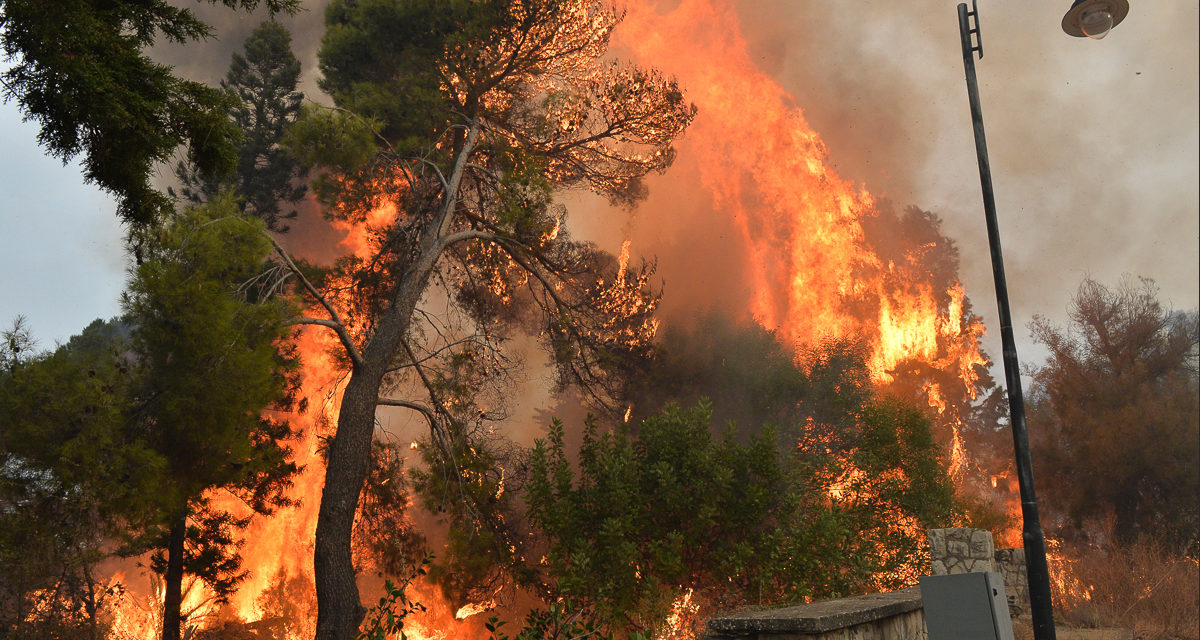From Indonesia to Brazil, wildfires have dominated environmental discussions for a good portion of 2019. For the last two days, Lebanon has reportedly been experiencing its worst wildfires in decades, as described by Director-General of Lebanon’s Civil Defence.
The fires have engulfed several areas in the country and up to 100 blazes have been reported in the north and south of Lebanon, and have spread into three provinces in neighbouring Syria. While few have died, the Lebanese Red Cross announced that it had treated up to 70 people for smoke inhalation, minor burns and other slight injuries.
Aided by high temperatures and strong winds, many families were forced to flee from their homes in the middle of the night. While it is still unclear how the fires were started, Prime Minister Saad Hariri has made it clear that if human activity is responsible then those guilty will be punished. In Brazil and Indonesia, forest fires have been started by using illegal techniques known as ‘slash and burn’, used by farmers and loggers to clear land for agriculture.
Lebanon’s ability to tackle the fires was called into question when three firefighting aircraft remained grounded in an airport in Beirut. Allegedly, the aircraft in question have been non-operational for at least five years due to the lack of maintenance, which is meant to be funded by the government. In addition, Civil Defence teams were seen fighting fires with little to no proper equipment, with some even using anti-riot trucks for their water cannons.
After widespread criticism, Lebanon has finally asked for international assistance. Cyprus, Greece and Jordan are some of the nations that have provided support including supplying Lebanon with firefighting planes.
Climate Change Exacerbating Wildfires
While wildfires are not uncommon, particularly within the dry season, it is undeniable that climate change has contributed to intensifying the natural phenomenon. Now, we can expect the fire season to be much longer than it was a few decades ago. Not to mention, that the fires have increased in number.
In the fight to minimising global warming, forest fires are responsible for emitting huge quantities of carbon dioxide, which in turn accelerates climate change. It’s a vicious cycle but unless real transformative change is implemented, then we can expect more wildfires in the future.
- This Artist is Making the Underwater Arena His Canvas - 28th April 2021
- A Video Game that Promotes Peace and Conflict Resolution - 15th March 2021
- Netflix’s ‘Living Undocumented’ is a Difficult Series to Watch, and Exactly Why We Should - 9th March 2021






